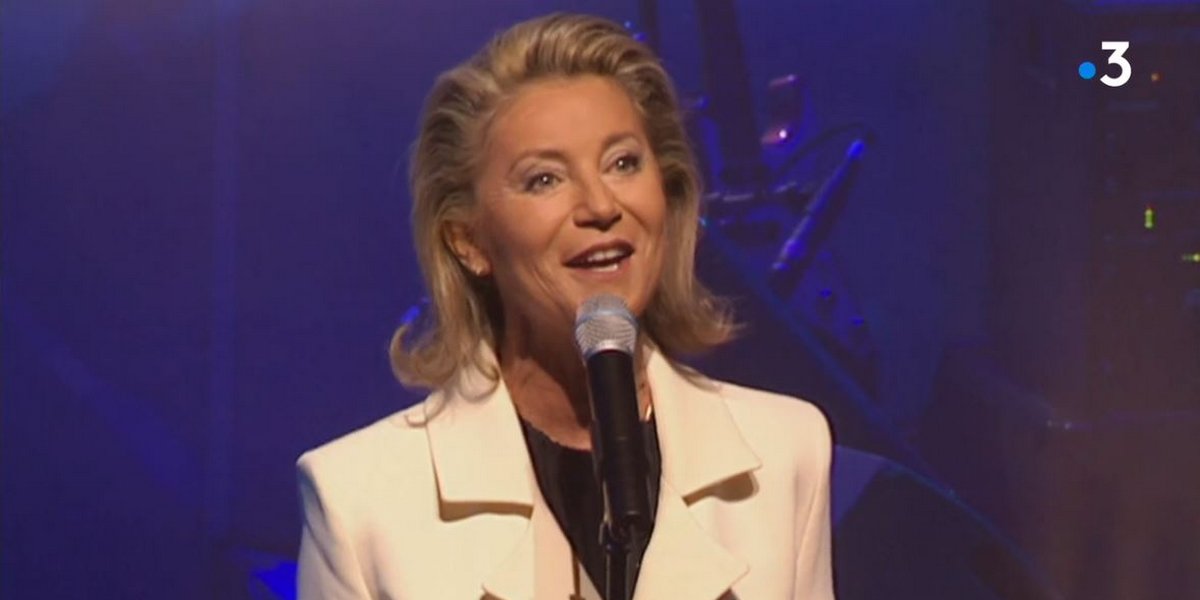For five years, Jean-Marc Dalphond and Marie-Joanne Boucher have been looking at the shock of feminicide at Polytechnique to measure its consequences even today. After creating a laboratory and a podcast show, they will present the fruit of their work in a documentary theater show at TNM, then on tour in Quebec.
If you were of the age of reason on December 6, 1989, you probably remember where you were when the news of the massacre at the École Polytechnique came out. “The mass feminicide committed by Marc Lépine is a bit like our September 11, 2001,” illustrates the woman who has been working on this project for five years with Jean-Marc Dalphond. The latter experienced the tragedy up close: his cousin Anne-Marie Edward was one of Marc Lépine’s 14 victims.
On December 6, 2018, as on every anniversary of the killing, the actor published on Twitter the names of the 14 victims. A very simple publication which caused a flood of hateful comments. After an exchange, Marie-Joanne Boucher convinces him to create a documentary theater piece together to understand what happened.
“Why, 34 years after this carnage, are assault weapons still not controlled? Why is hatred of women, both in words and in deeds, even more evident in 2023? Why is Canada one of the two countries in the world (along with Sweden) where the incel (involuntary celibate) movement has the most adherents? » These are some of the questions addressed by the show Projet Polytechnique, directed by Marie-Josée Bastien and produced by Porte Parole. The company’s co-founders, Annabel Soutar and Alex Ivanovici, also collaborate on the dramaturgy.
On stage, the production will recreate the sequence of meetings which marked their investigation, mixing violent testimonies with the sensitive reactions provoked by this terrible event. We will hear the words of Léa Clermont-Dion, like those of the incels, and also the words of former police chief Jacques Duchesneau, Guy Morin, a spokesperson for the arms lobby, Nathalie Provost, injured during the tragedy , the journalist Francine Pelletier and a masculinist followed online by several followers for whom feminists are targets and the killer, a hero…
“Marc Lépine is the first incel,” argues Dalphond, after having immersed himself in this radical movement which is more important than we would like to believe. “We’re talking about millions of men on the planet,” he says. And the two centers of incels in the world, according to some researchers, are Canada and Sweden; because these are countries where equalities are more interwoven into the social fabric. »
“We should have woken up the day after the femicide. Discuss it immediately to deal with the consequences of this massacre in society, believes Marie-Joanne Boucher. Instead, we shied away from responsibility. The word feminicide appeared in 2019, 30 years after the Polytechnique massacre…”
“We hope that the show will last a few years and will awaken the awareness of the public, young and old. Everyone must act together. We are united to each other. The solution is collective. It’s found in the strength of community,” says Dalphond.
“These women did not die for nothing,” conclude the two authors and actors.















